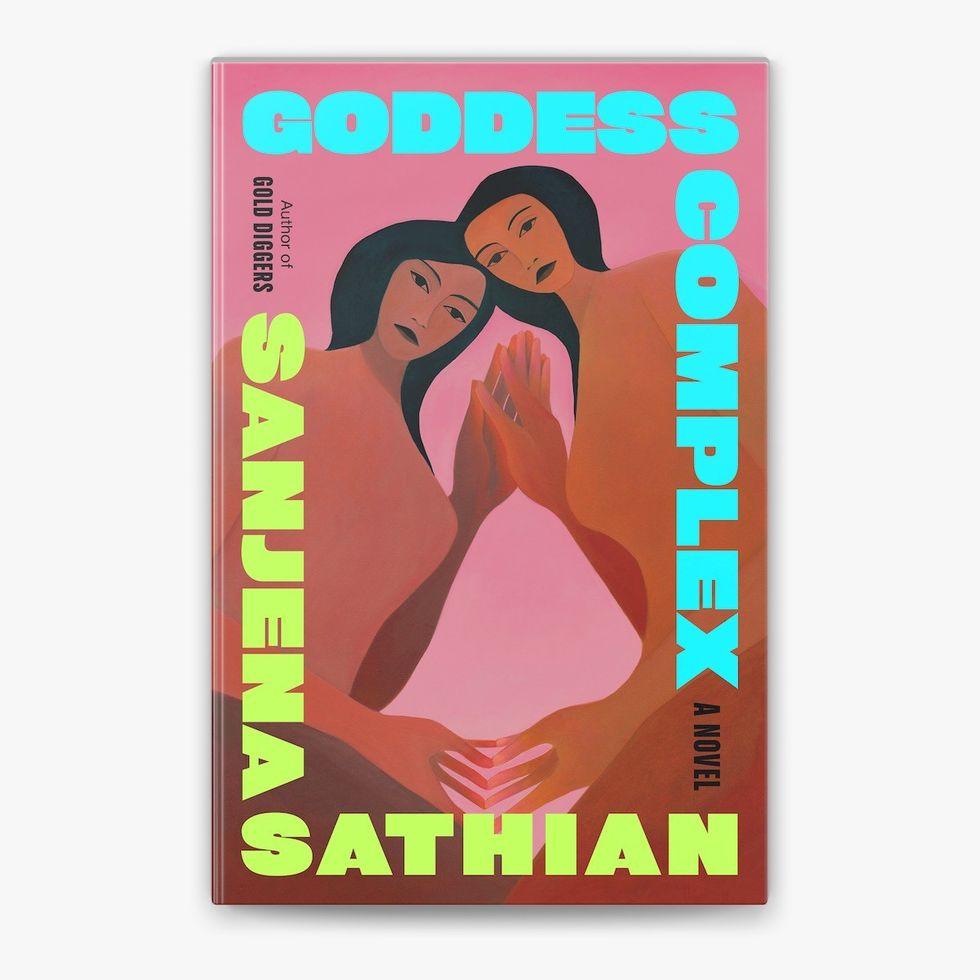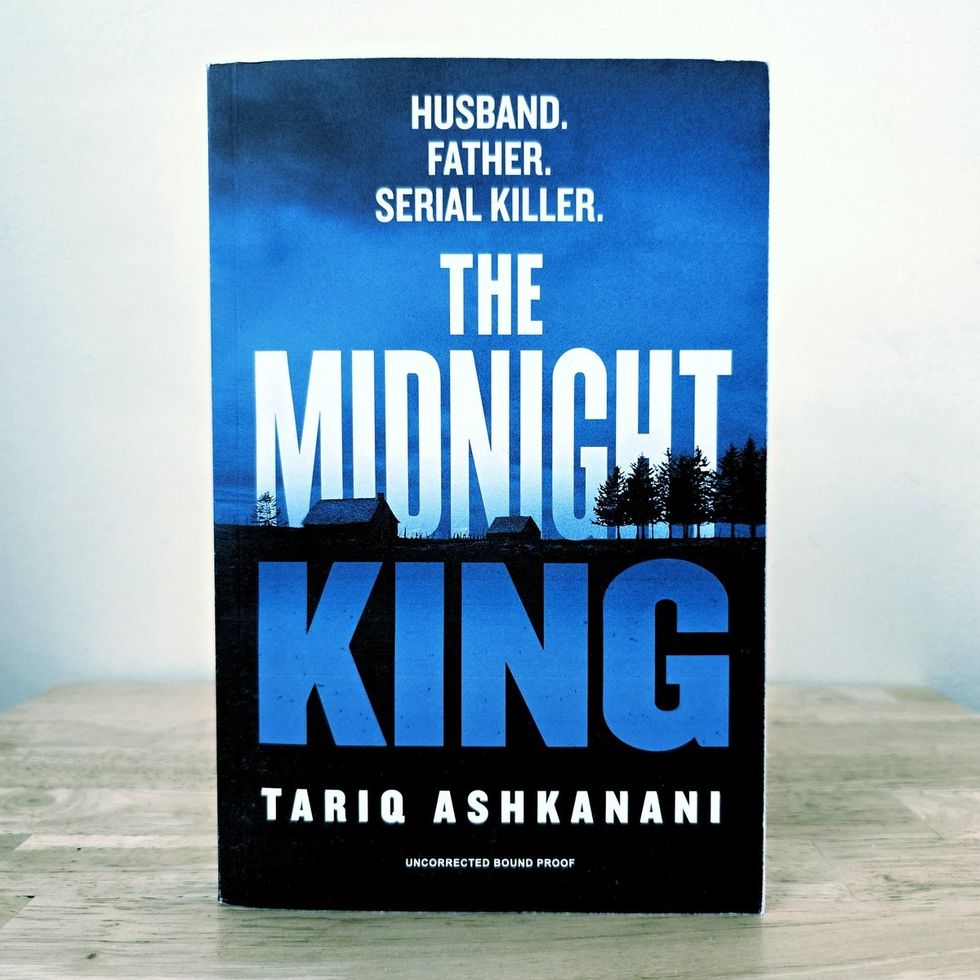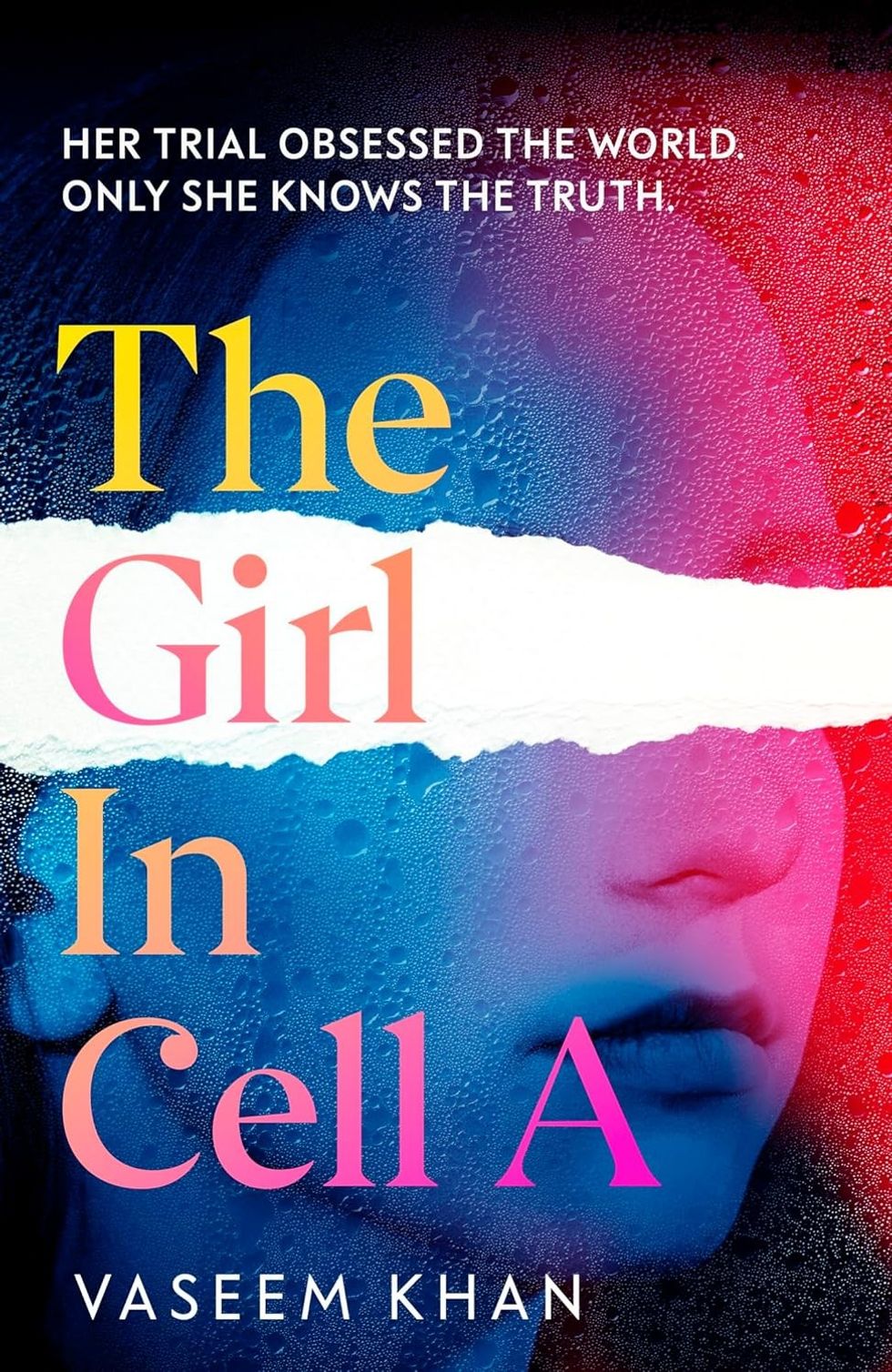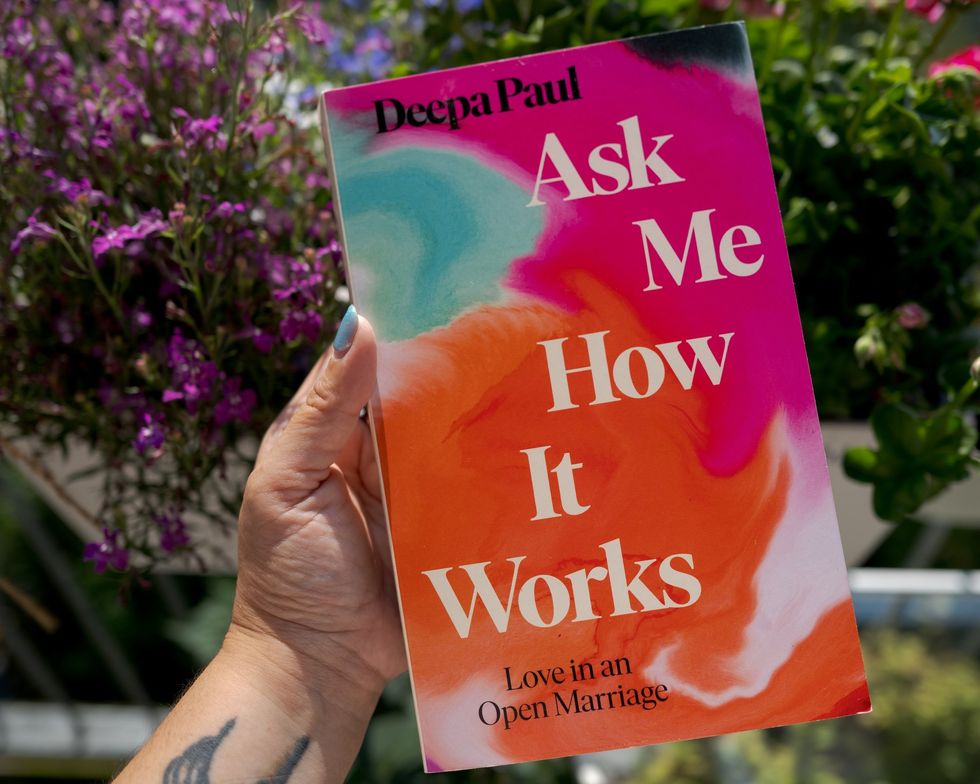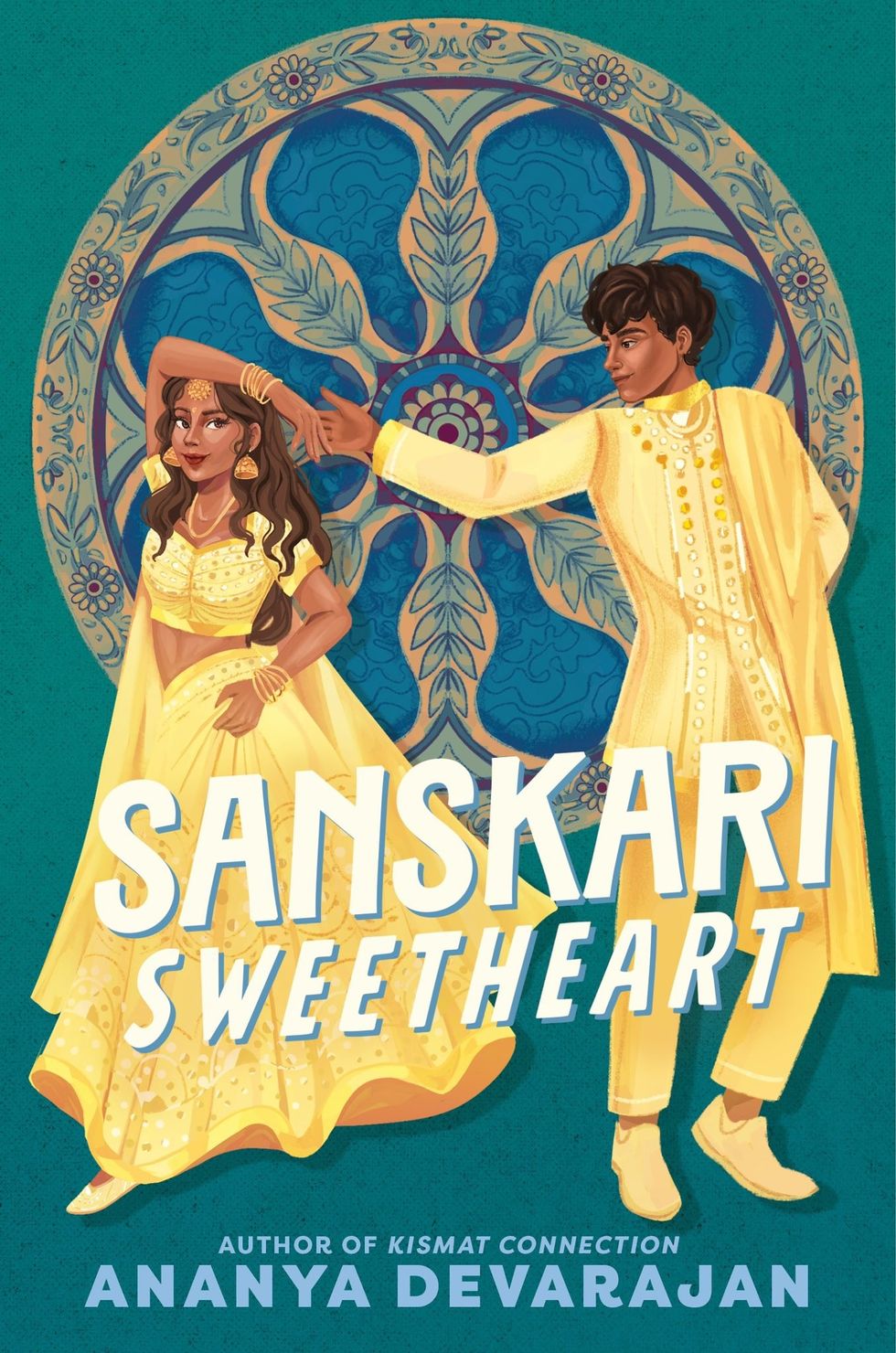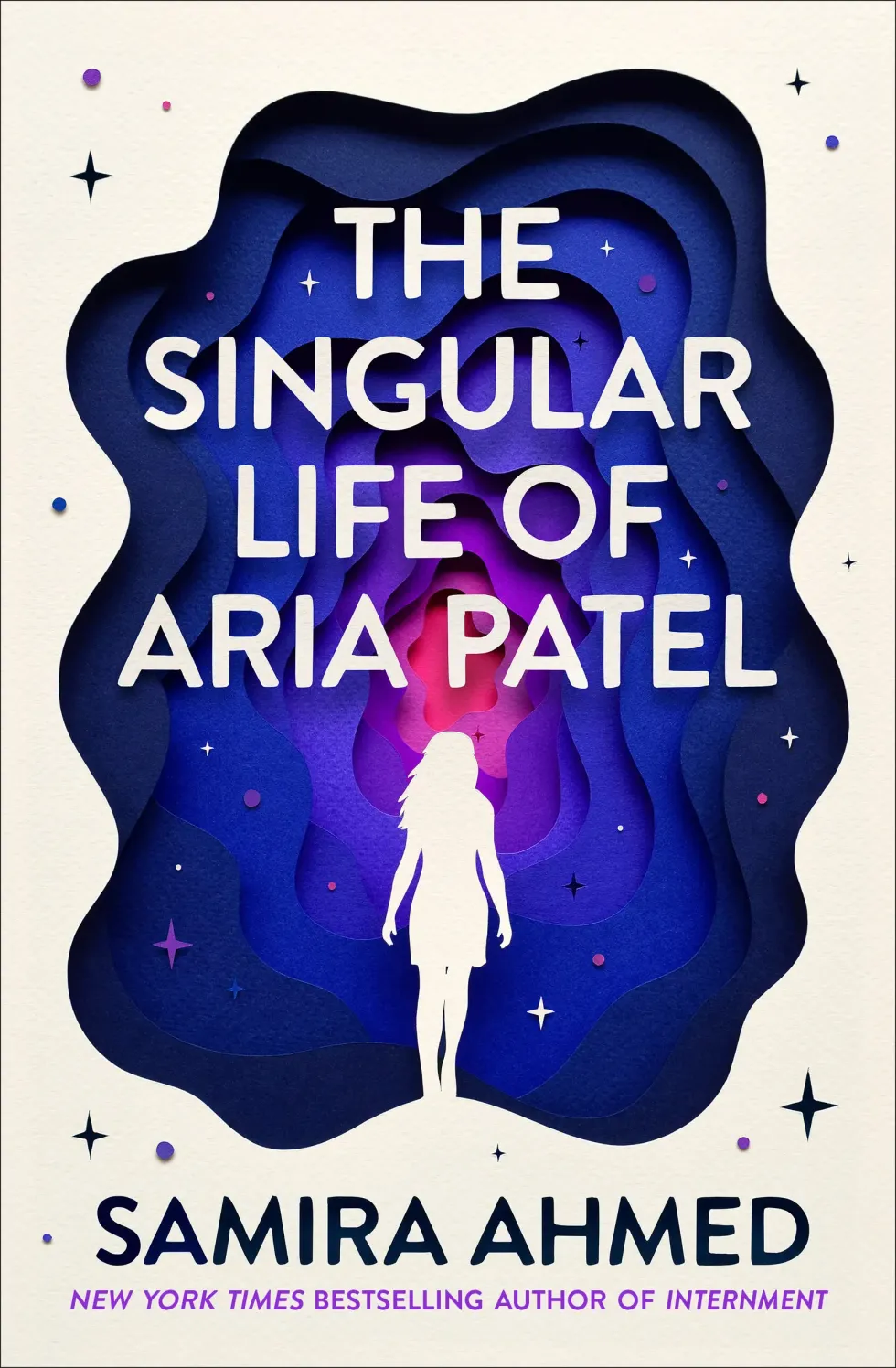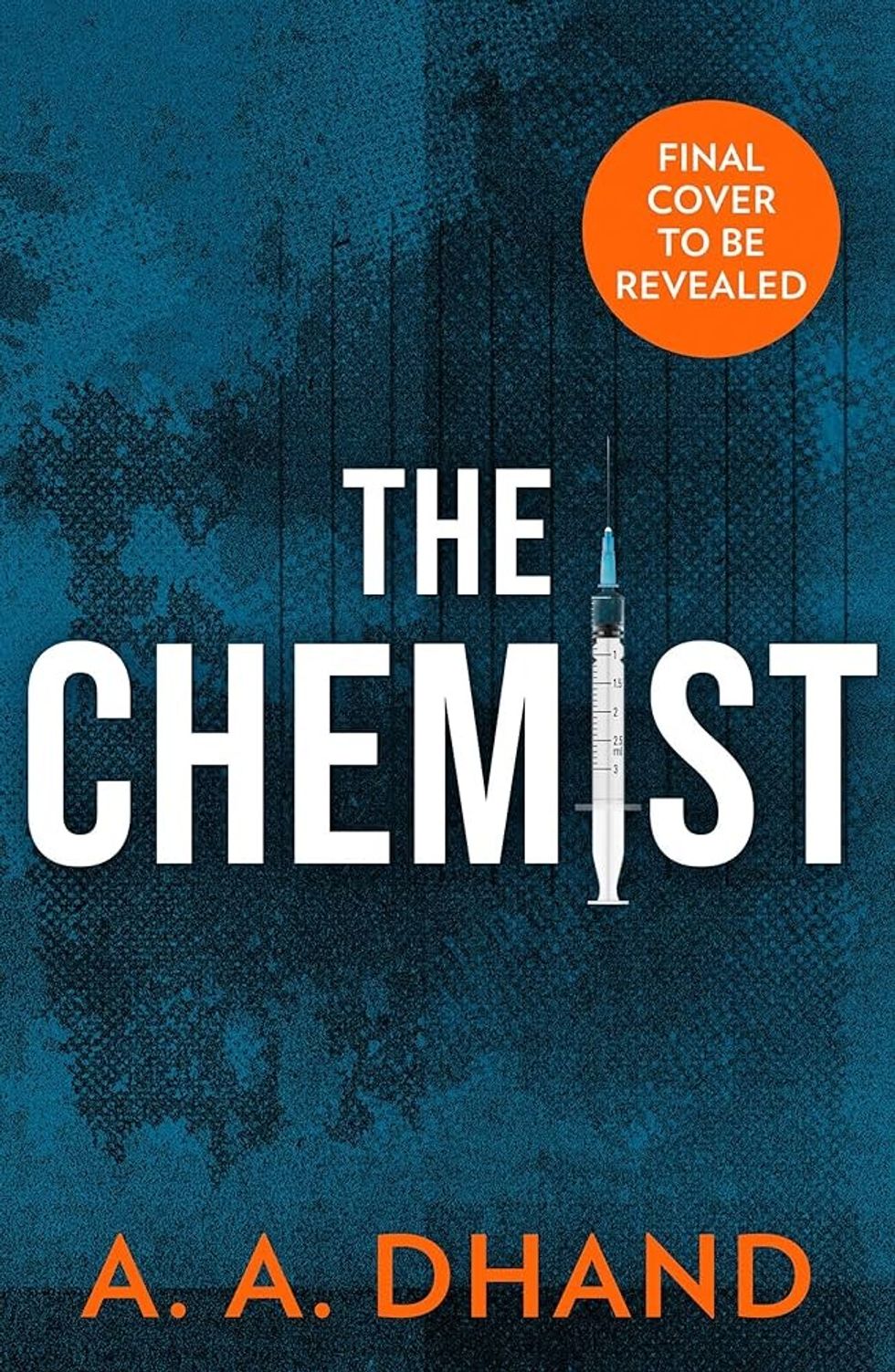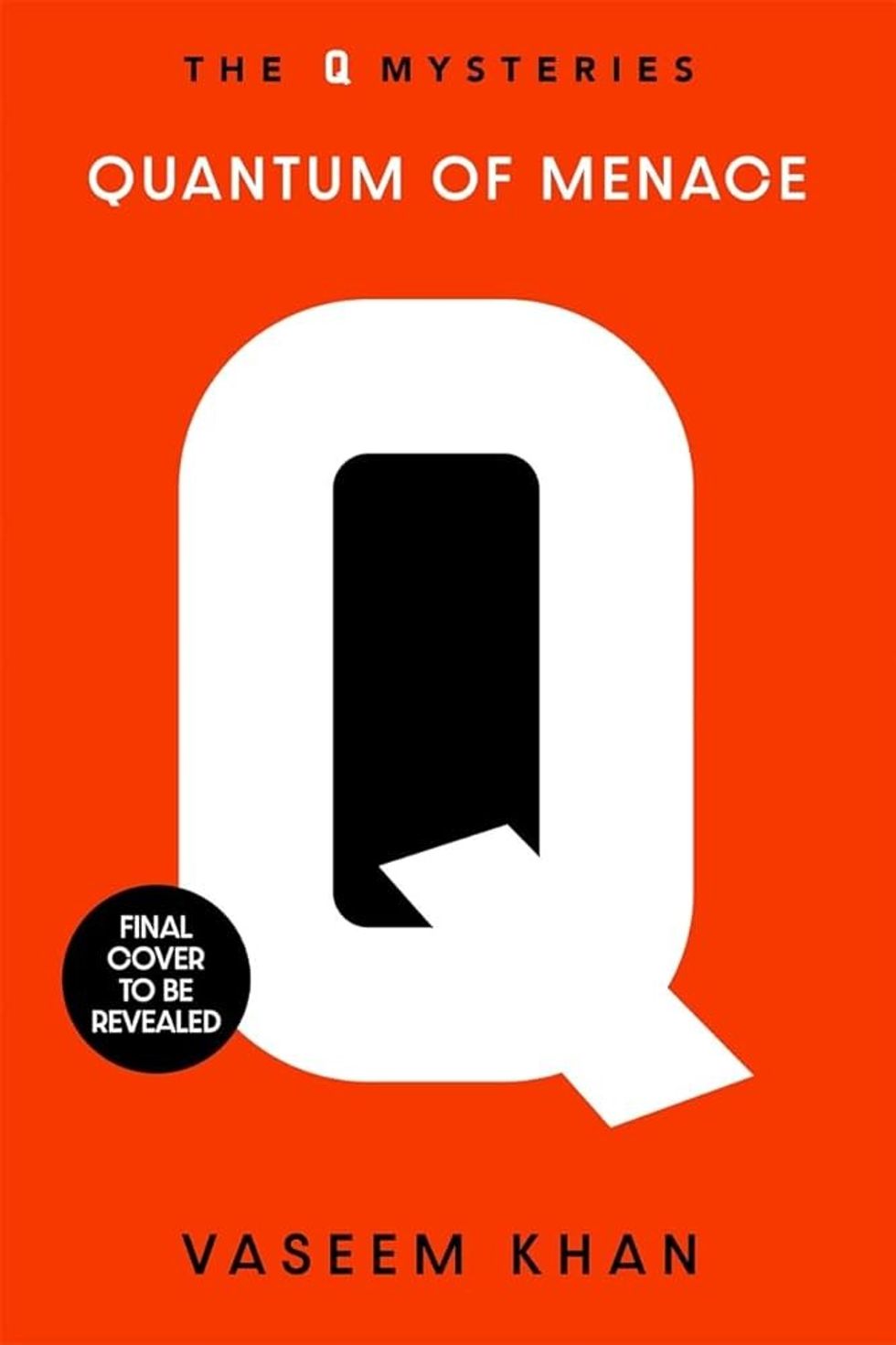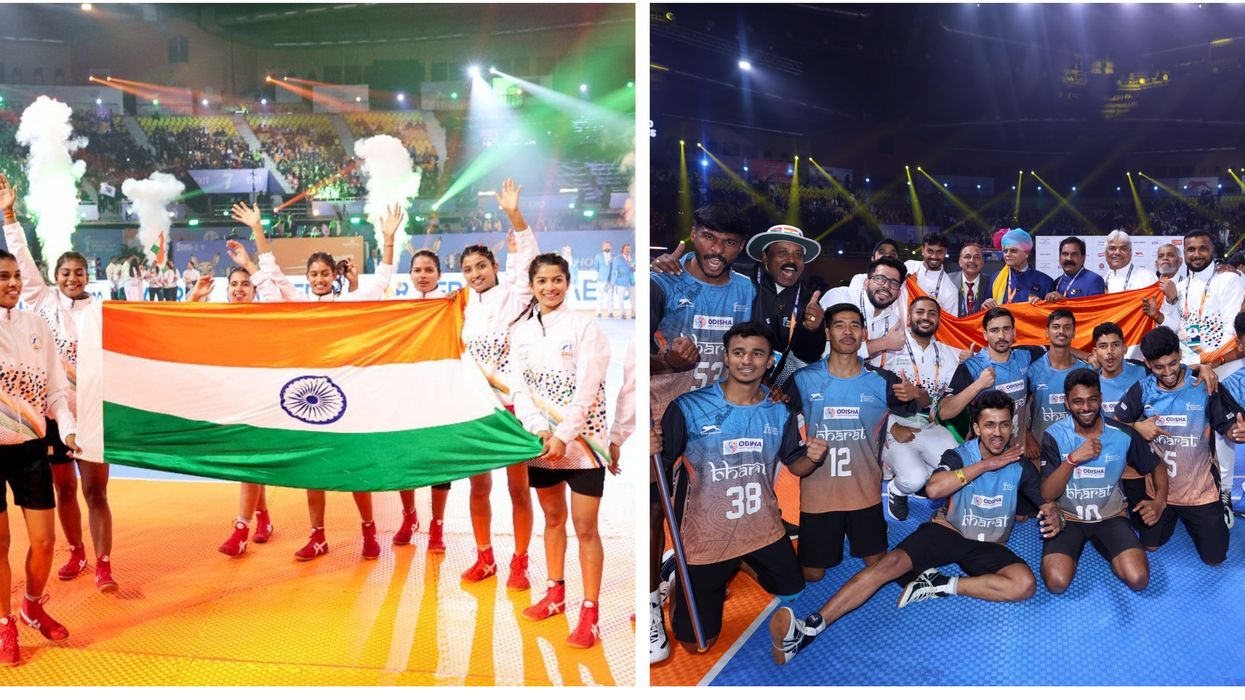WLADIMIR and Vitali Klitchko. Michael and Leon Spinks. Identical twins, Jermall and Jermell Charlo. What do they all have in common?
All are siblings, all are boxers – and all are either former or current world champions.
Now, without wishing to tempt fate, add to that list, if all goes well, Yuvraj and Vijayraj Karia.
But there is something different about this pair from Southampton in Hampshire, and we will get into the details a bit later.
The first thing is that they are two of three triplet brothers born within minutes of one another.
They have been boxing since they were three years old.
Oh, did I bury the lede?
They are only 16 and have signed to fight professionally under the world-famous and well-respected Ingle Boxing Gym in Sheffield.
British boxing rules mean they cannot fight professionally in the UK until they are 18.
Yuvraj Karia's victory pose (Credit: Luke Rayner https://lukerayner.pixieset.com/)“The Ingle Gym is most successful in terms of taking grass root boxers to winning titles,” said their father Mayus.
“Dominic [Ingle] suggested they were ready and that their discipline and respect which he had rarely seen, coupled with their skills built up from such a young age, make them prospects.
“He’s very excited, and so he has big aspirations for them.
“Otherwise, he says he wouldn’t be interested in making the effort as he doesn’t need to.
“So, he wanted them to get cracking without delay because he says they are good enough to fight men professionally, regardless of their young age.
“Dominic says legends Canelo [Álvarez] and [Manny] Pacquiao started at 16 and there’s no reason why these two shouldn’t be treated the same with their level of skill, discipline and determination.”
Ingle’s gym
We are speaking in Bangkok where Yuvraj [which means crown prince in Hindi], the eldest of the triplets, has just completed his third professional fight, against someone four years his senior.
He won by a technical knockout in the third of four rounds, maintaining his, so far, 100 per cent record.
When they are not preparing for a match, two of the triplets are in Sheffield training with the former world champion Abdul-Bari "Barry" Awad, better known by his fighting name "Kid Galahad".
Galahad was one of several world champions who trained under the late legendary Irish trainer, Brendan Ingle, and his son Dominic.
“They know how motivated we are in the job, and we know how motivated we are, so we listen to them,” said older brother by two minutes, Yuvraj.
“We do what we’re told because Barry's already been a world champion, and he's been at the top of the sport.
“It motivates us to do the same as him and follow his path.
His brother Vijay, which means victorious, known to his friends as Jay, also paid tribute to their trainers.
“Barry's done what I want to do in the sport, so whatever he's showing me, teaching me. I know it must work, because he's done it.
“And Dominic, is a hall of fame boxing trainer, been to the top of Everest multiple times.
“He's done it, taking kids from grassroots all the way to the top.
“So, what's the difference with me?
“If he can do it with people like Kell Brook, as his father did with people like Naz Hamed.
“If he can take people like Kid Galahad to the top, why can't he take me to the top, as long as I put in the work, and I put in the graft, as long as we both do the same thing?”
Johnny Nelson, "Prince" Naseem Hamed, Junior Witter, Clinton Woods, Kell Brook and Nicola Adams are other household names who owe their careers to the Ingles.
So, why did he take on the brothers?
“Their dad sent me some videos of them boxing in amateur competitions.
“Considering the level they got trained at as amateurs, they did exceptionally well over the 25 or so fights they each had.
“I gave them a couple of training sessions, hard, difficult ones, difficult runs, difficult weight sessions.
“And it's almost like they've got the ‘you can't beat me attitude’.
“You throw them challenges, and they like a challenge, and that's the good thing about them, and that's basically what motivates fighters.
“Where they started so young, they can already fight, and they know their way around the ring”
Dominic Ingle, trainer (Credit: Barnie Choudhury)Determined ambition
Ingle is quite clear that boxing is a two-way process - his boxers must give everything to their craft and, as a trainer, he gives his all to his fighters.
“There are three kind of things you need [to be a world champion].
“You need, first of all, the desire to do it, above all else, that's all you want to do.
“Secondly, you need a good trainer who's going to take you through and commit to that.
“And thirdly, you need a promoter.”
But that is not all, he continued.
“Everybody's got to be all in, because if you've got a good trainer and a good promoter, and you're not quite 100 per cent as a fighter, you might have some chinks in your armour at some point, no matter how well you're training, how well you match, you're going to get beat.
“If you make a mistake as a trainer, or if you make a mistake as a promoter generally, that fighter will kind of override their mistakes to a certain point.
“So, you'll see a lot of fighters these days where they've just got that natural ability all the way through.
“Even if they've been put in a hard fight or the trainer slacks and hasn't conditioned them properly, they'll still win the fight.
“So, you'll see a lot of trainers these days getting a lot of kudos, when it's really the fighter carrying them through, and it works the other way as well.”
Safety first
Boxing is a brutal sport.
Many pugilists have died in the ring or in hospital after the fight.
Others, such as Michael Watson, sustained life-changing injuries.
“It can be dangerous if you are not a realist and are not capable of operating at the level of the chosen arena you enter,” Dominic Ingle told Eastern Eye.
“But in their case, they are good enough to know how to keep safe.
“I’m very comfortable they can fight fully grown men professionally in the ring.
“If that wasn’t the case and they weren’t in the safe capable hands that they are, then obviously I would be concerned.”
“For the Ingle Gym it is always safety first.
“My dad used to say to me, ‘Dominic, what would you do if it were your kid, because it is somebody's kid, but not yours, what would you do?
“And that's the decision you have to make.”
Ingle is not afraid to take tough, unpopular, decisions when it comes to keeping his fighters safe.
“When Kell Brook fought [Gennady] Golovkin, he stepped up two divisions.
“Golovkin was a monster at the time, and people were saying, why did he take that fight?
“Because he wanted to challenge himself, and Kell put in a great performance, but he got his eye socket fractured, and I knew he had.
“It was a big profile fight, and 20,000 people watching it, and I know he got his socket fractured because I've had experience of that before, but Kell didn't know he'd done it.
“And it was only a matter of time before I pulled him out, and when I did, everybody started kicking off.
“It's a big thing, because some trainers wouldn't do it, because they won't want anybody pointing the finger and saying, ‘Oh, you shouldn't have done this, shouldn't have done that.’
“And when I pulled him out, everybody started booing, but I didn't care, because at the end of the day, I can live with the fact that I pulled him out.
“Kell went to hospital, and the doctor actually said it's a good job he got pulled out because it could have actually blinded him.”
Youthful confidence
But the confidence of youth means the two young boxers are not focusing on the potential dangers.
When we met, you could see stitched up cuts under Jay’s left eye and eyebrow.
It was from a clash of heads in his last fight in Dubai a week earlier, and that is why he did not fight in Thailand.
“I've got a lot of confidence in Dominic Ingle, and he's very experienced in that corner and sees everything.
“So, I know when I go back to the corner, it's going to be under control.
“Secondly, when you're so focused on winning and how you're going to win, it doesn't really cross your mind that you're cut.
“It doesn't matter what happens in that ring, I'll always find a way to win.
“And things like cuts, bumps, scrapes, injuries in the ring, they don't cross your mind because the only thing that's on your mind is winning.”
And Yuvraj’s devastating knockdown of his opponent is not something he plans, he told Eastern Eye.
“You never look for a knockout when you go in there,” he said.
“You gotta break your opponents down, making your opponents work, getting them tired, and that’s when the right shot comes.
“Age doesn't matter to me, he was strong obviously.
“But where they're older, they're a bit more mature, they've got their strength, but when you're skilful as we are, age don't really matter.
“They're the same weight, so like skills pay the bills really.”
Sacrifice
Boxing needs role models.
Prince Naseem Hamed’s looked up to Herol “Bomber” Graham, who trained under Brendan Ingle.
Hamed is of Yemini heritage, but south Asians adopted him as theirs because, at that time, there was a lack of mentors from their communities.
Today, we have several south Asian boxers youngsters can emulate.
Hamzah Sheeraz holds the WBC Silver and Commonwealth middleweight titles.
Masood Abdulah, Umar Khan and Muhammad Ali are also making in-roads, as are brothers Adam and Hassan Azim, Stoke’s Shabaz Masoud, and Aqib Fiaz from Oldham.
You will notice that most of these boxers are of Pakistani heritage.
In fact, I could only find two British-Indian boxers - Luqmaan Prince Patel and Coventry’s Dylan (Dilraj) Cheema.
“Being British-Indians is massively important, we never forget it,” said their dad, Mayus.
“We are proud of our heritage.
“I speak fluent Gujarati, and I visit Gujarat in India regularly and am active part of Gujarati community.
“The boys’ mother is a Sikh.
“But it’s also important to us that we are British born and we appreciate our homeland known as the UK, which although not perfect, is unrivalled in terms of equality and freedoms which make it a safe place to live regardless of religion, race, wealth.
“Britain’s given us all so much, which we can all take for granted all too often.”
The brothers have a bond, and they spur each other on, promising never to fight one another in the ring professionally.
Unlike many boxers, it is not the lure of fame and fortune which inspire them.
Their father has a thriving legal practice in the City of London.
“Anybody who knows us well, will know the pursuit of money as a motivation for my boys being encouraged to fight, is something which doesn’t withstand any scrutiny when considered against the reality of my pride and principles,” explained Mayus Karia.
“I’m too proud to want anything from them financially or make them fight for financial reward.
“I only crave their love, respect and their success.
“And for them, they need to remain grounded, remembering all those people who helped on the way up.
“Nothing more.”
Like all good south Asians, the boys have been brought up to respect their elders.
So, it is “Uncle Dominic” and not “Dominic”.
“Anything worth achieving takes big sacrifices,” said Jay, “whether that means staying away from family, whether that means not drinking, not smoking, not that we do that anyway.
“But it's just a sacrifice we're both willing to make to get to the top.”






